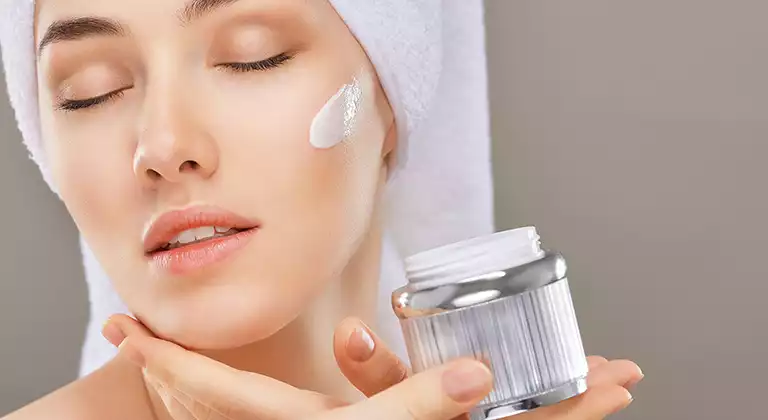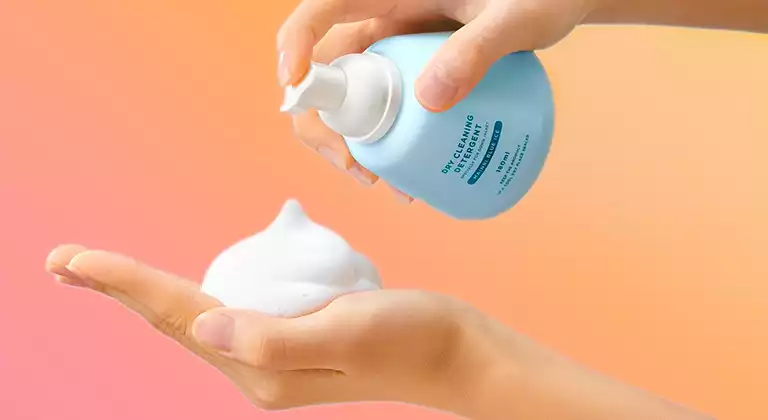Hydrolyzed collagen can improve the quality of skin. This is why it is added to many cosmetic products such as mask, eye cream and skin cream.

Moisturizing
Collagen peptide in cosmetics has a high content of amino, carboxyl and hydroxyl groups, so it has a strong affinity for water. When some of these small peptides enter through horny layer and collect in dermis, they retain moisture to increase the skin water content. The collagen peptides on the surface of skin also develop a water-rich protective covering that stops water evaporation.
Skin Whitening
The skin color is mainly determined by the amount of melanin. The less it is, the lighter skin color. The tyrosinase in the skin converts tyrosine into melanin that converges in the dermis. Some peptide molecules in hydrolyzed gelatin inhibit the activity of tyrosinase, resulting in less production of melanin, so it can lighten skin and relieve pigmentation.

Anti-wrinkle and repair
Collagen peptides eliminate skin wrinkles by increasing collagen fiber and reducing water loss from the skin. Hydrolyzed gelatin in cosmetic has an average molecular weight of about 1000-3000 Da, and they can be absorbed directly by skin and reach to dermis. Some of these peptides are broken down into amino acids which become nutrients for skin growth. Another part of these peptides stimulates fibroblasts to accelerate their collagen synthesis and to repair the damage caused by aging. The denser and thicker collagen fibers make your skin's collagen network more resilient.
These fibroblasts also produce more hyaluronic acid, and their water retention allows the dermis to contain more water, which can make the skin plump and reduce or eliminate wrinkles. Some peptides have antioxidant properties that can eliminate radicals in the body and ease skin aging. For example, hydrolyzed collagen in cosmetic can effectively mitigate skin damage caused by UV rays.